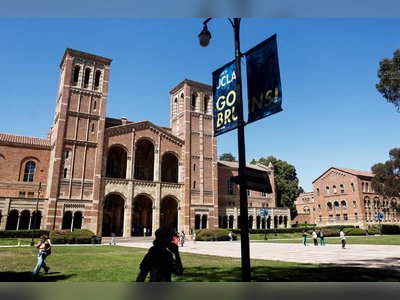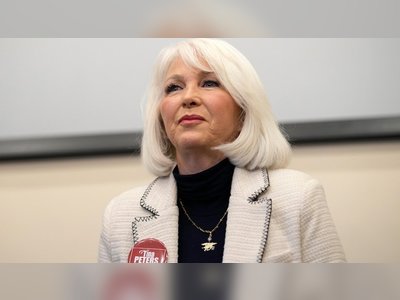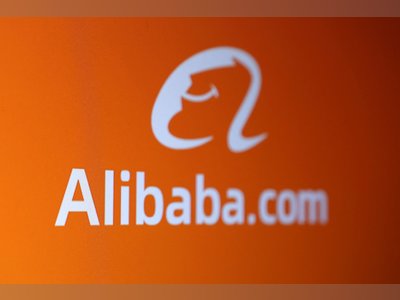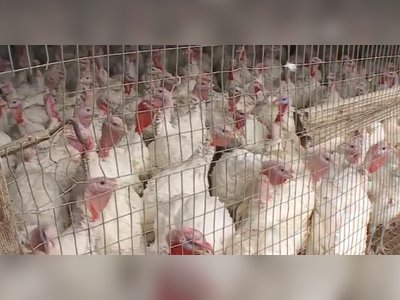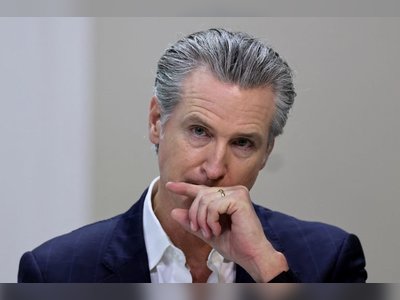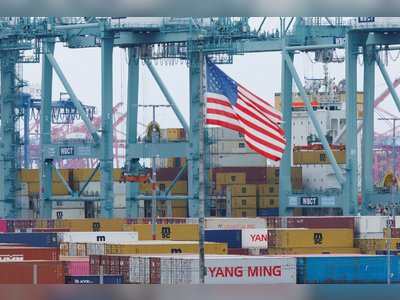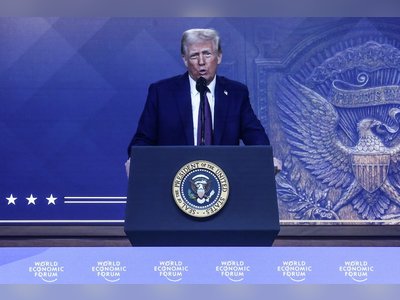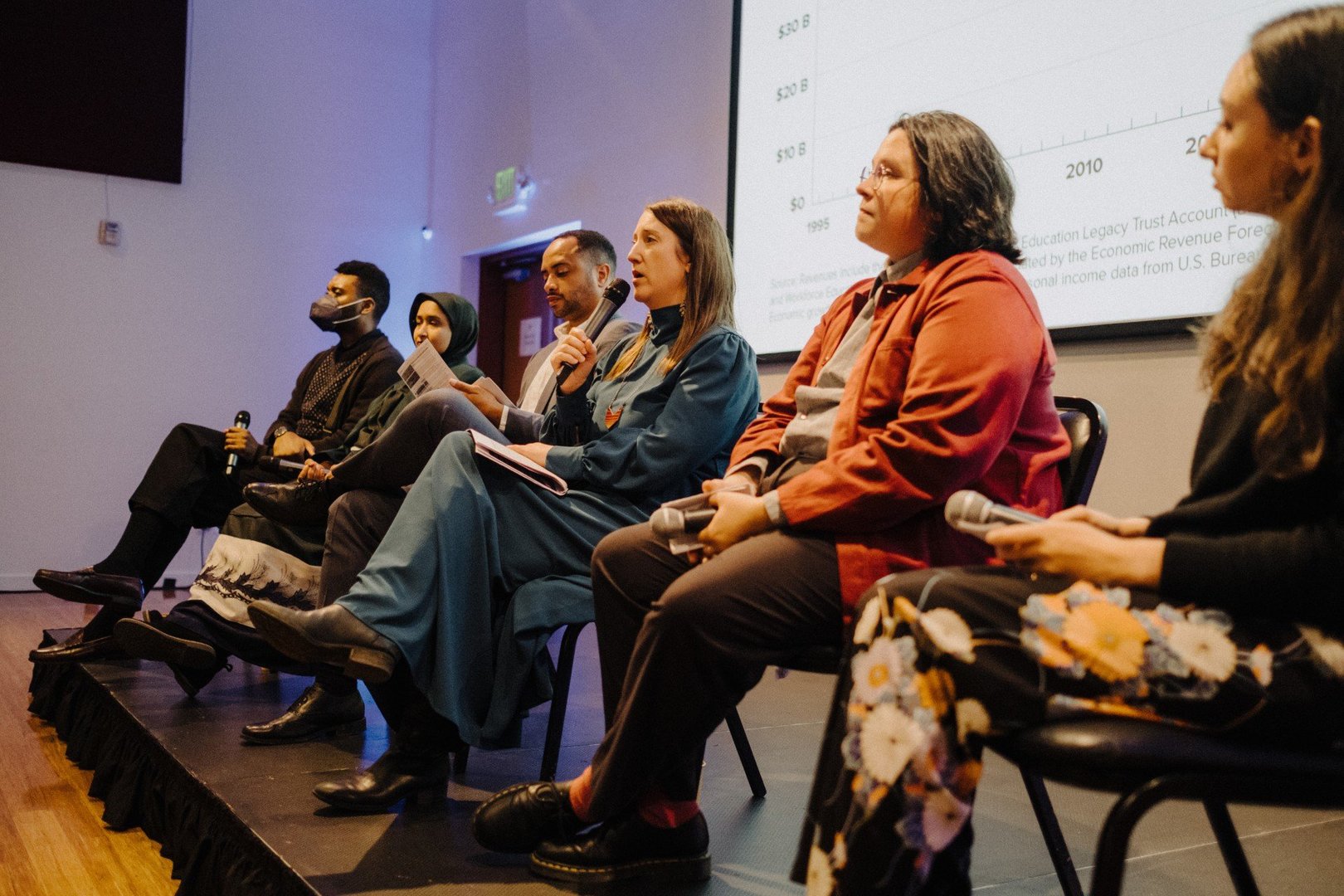
Washington State’s ‘Revenue Queen’ Gears Up for High-Stakes 2026 Tax Fight
Senator Noel Frame drives progressive revenue agenda as lawmakers prepare for a pivotal income-tax showdown
Senator Noel Frame, a Democrat representing Seattle in Washington’s State Senate, is positioning herself at the centre of the state’s 2026 tax-reform debate.
The lawmaker, who once traced her interest in education funding back to her teen years in Battle Ground, now leads her caucus’s revenue push as vice chair of the Senate Ways and Means Committee for Finance.
With the state facing a multi-billion-dollar budget gap and years of tax reform deferred, Frame has become the go-to figure for progressive revenue efforts in Olympia.
Her office describes her as introducing structural change to an “upside-down” tax code and advocating for the wealthiest individuals and largest corporations to contribute more.
Among the ideas floated under her leadership is an income tax on high earners—potentially a 9.9 percent levy on incomes over one million dollars—and a “wealth tax” targeting assets such as stocks and bonds held by individuals with more than fifty million dollars in such assets.
Her wealth-tax bill cleared the Senate 26–21 vote earlier this year but was not taken up in the House.
During a recent policy summit, Frame cautioned that passing landmark tax legislation is only step one.
She told attendees that any new tax would need to be “defended in court” and likely at the ballot.
Advocates preparing for a campaign must be ready “to win three times over,” she said.
Despite the ambition, the path remains thorny.
Washington is one of nine states without an individual wage tax, and voters have repeatedly rejected ballot measures imposing new taxes.
Gubernatorial resistance and business-community concerns also loom.
Frame’s approach reflects a strategic pivot—revenue-first, not cuts-first—while acknowledging that reforms must be legally durable and politically viable.
For Frame and her allies, the objective is clear: ensure Washington’s tax code becomes more equitable, funding long-sought education, housing and human-services priorities without overburdening low- and middle-income households.
This agenda sets the stage for a crucial 2026 session in Olympia—a showdown that could redefine tax policy in the Evergreen State.
The lawmaker, who once traced her interest in education funding back to her teen years in Battle Ground, now leads her caucus’s revenue push as vice chair of the Senate Ways and Means Committee for Finance.
With the state facing a multi-billion-dollar budget gap and years of tax reform deferred, Frame has become the go-to figure for progressive revenue efforts in Olympia.
Her office describes her as introducing structural change to an “upside-down” tax code and advocating for the wealthiest individuals and largest corporations to contribute more.
Among the ideas floated under her leadership is an income tax on high earners—potentially a 9.9 percent levy on incomes over one million dollars—and a “wealth tax” targeting assets such as stocks and bonds held by individuals with more than fifty million dollars in such assets.
Her wealth-tax bill cleared the Senate 26–21 vote earlier this year but was not taken up in the House.
During a recent policy summit, Frame cautioned that passing landmark tax legislation is only step one.
She told attendees that any new tax would need to be “defended in court” and likely at the ballot.
Advocates preparing for a campaign must be ready “to win three times over,” she said.
Despite the ambition, the path remains thorny.
Washington is one of nine states without an individual wage tax, and voters have repeatedly rejected ballot measures imposing new taxes.
Gubernatorial resistance and business-community concerns also loom.
Frame’s approach reflects a strategic pivot—revenue-first, not cuts-first—while acknowledging that reforms must be legally durable and politically viable.
For Frame and her allies, the objective is clear: ensure Washington’s tax code becomes more equitable, funding long-sought education, housing and human-services priorities without overburdening low- and middle-income households.
This agenda sets the stage for a crucial 2026 session in Olympia—a showdown that could redefine tax policy in the Evergreen State.

